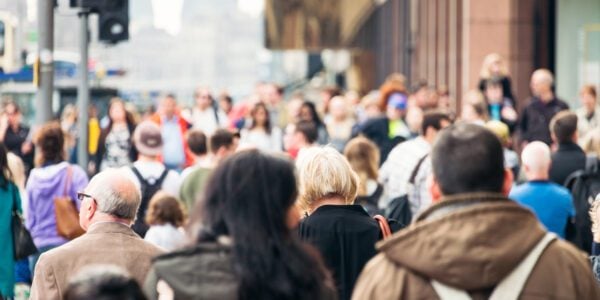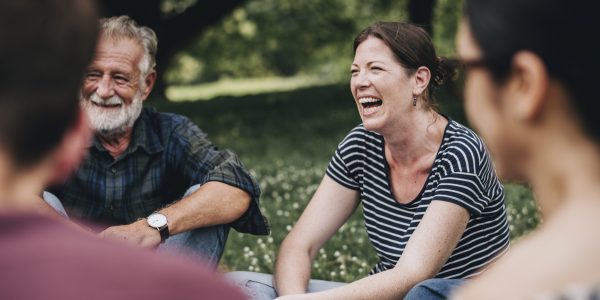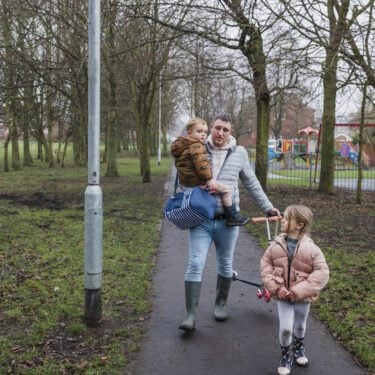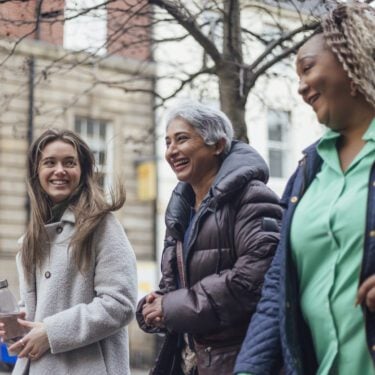Changes to direct taxation and benefits made by the Coalition Government since 2010 have resulted in the poorest losing a greater share of their income than the richest.
Overall, these changes have not reduced the deficit because revenue gains were offset by the cost of tax reductions, particularly the increase in the income tax personal allowance.
Economists from the University of Essex and the LSE compared today’s incomes with the amounts people would have paid and received prior to the 2010 General Election. They found that across the income distribution as a whole the changes were regressive, the bottom half lost, with the poorest groups losing most as a proportion of their incomes, and the top half gained, with the exception of most of the top 5 per cent (but excluding the very top, who benefited from the cut in the highest rate of income tax).
Some groups were clear losers on average – including lone parent families, large families, children, and middle-aged people (at the age when many are parents). Others were gainers, including two-earner couples, and those in their 50s and early 60s.
The research, by Paola De Agostini, John Hills and Holly Sutherland suggests that who has gained or lost most as a result of the Coalition’s policy changes depends critically on when reforms are measured from.
- Treasury analysis, suggesting that those at the top have lost proportionately most starts from January 2010 and therefore includes the effects of income tax changes at the top announced by Labour in 2009 and taking effect in April 2010, before the election.
- But if the Coalition’s impacts are measured comparing the system in 2014-15 with what would have happened if the system inherited in May 2010, they have more clearly regressive effect.
- This resulted from the combination of: changes to benefits and tax credits making them less generous for the bottom and middle of the distribution; changes to Council Tax and benefits from which those in the bottom half lost but the top half gained; higher personal income tax allowances which meant the largest gains for those in the middle, but with some income tax increases for the top 5 per cent; and the ‘triple lock’ on state pensions which were most valuable as a proportion of their incomes for the bottom half.
- Some groups were clear losers on average – including lone parent families, large families, children, and middle-aged people (at the age when many are parents), while others were gainers, including two-earner couples, and those in their 50s and early 60s.
Sutherland, Director of EUROMOD at the Institute for Social and Economic Research (ISER) at the University of Essex commented: “It is striking how seemingly technical issues or minor differences in assumptions like which tax system is taken as the starting point for Coalition reforms, or whether to assume 100% take-up of benefits have very big implications for what we conclude about whether the rich or the poor were harder hit.”
Hills, Director of the Centre for Analysis of Social Exclusion at LSE, commented: “What is most remarkable about these results is that the overall effect of direct tax and benefit changes under the Coalition have not contributed to cutting the deficit. The savings from benefit reforms have been offset by the cost of raising the tax-free income tax allowance. But those with incomes in the bottom half have lost more on average from benefit and tax credit changes than they have gained from the higher tax allowance.”


















































